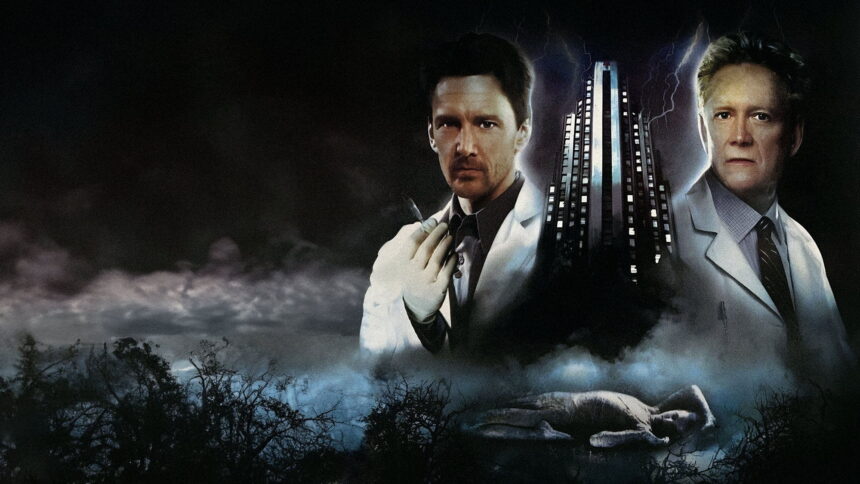In 2004, Stephen King's ‘Kingdom Hospital' made its debut on ABC, intriguing audiences with its unique blend of horror and medical drama. Despite the initial buzz, the series was short-lived, leaving fans wondering about the reasons behind its cancellation.
‘Kingdom Hospital' was an American adaptation of Lars von Trier's Danish miniseries ‘The Kingdom' (Riget), which aired in the 1990s. King, inspired by von Trier's work, sought to bring the eerie ambiance of the original to American television. The series premiered on March 3, 2004, and concluded on July 15, 2004, after a 13-episode run.
Set in a haunted hospital built on the site of two tragic fires, the show delved into supernatural occurrences intertwined with the lives of its staff and patients. The narrative was rich with symbolism and dark humor, characteristic of King's storytelling style.
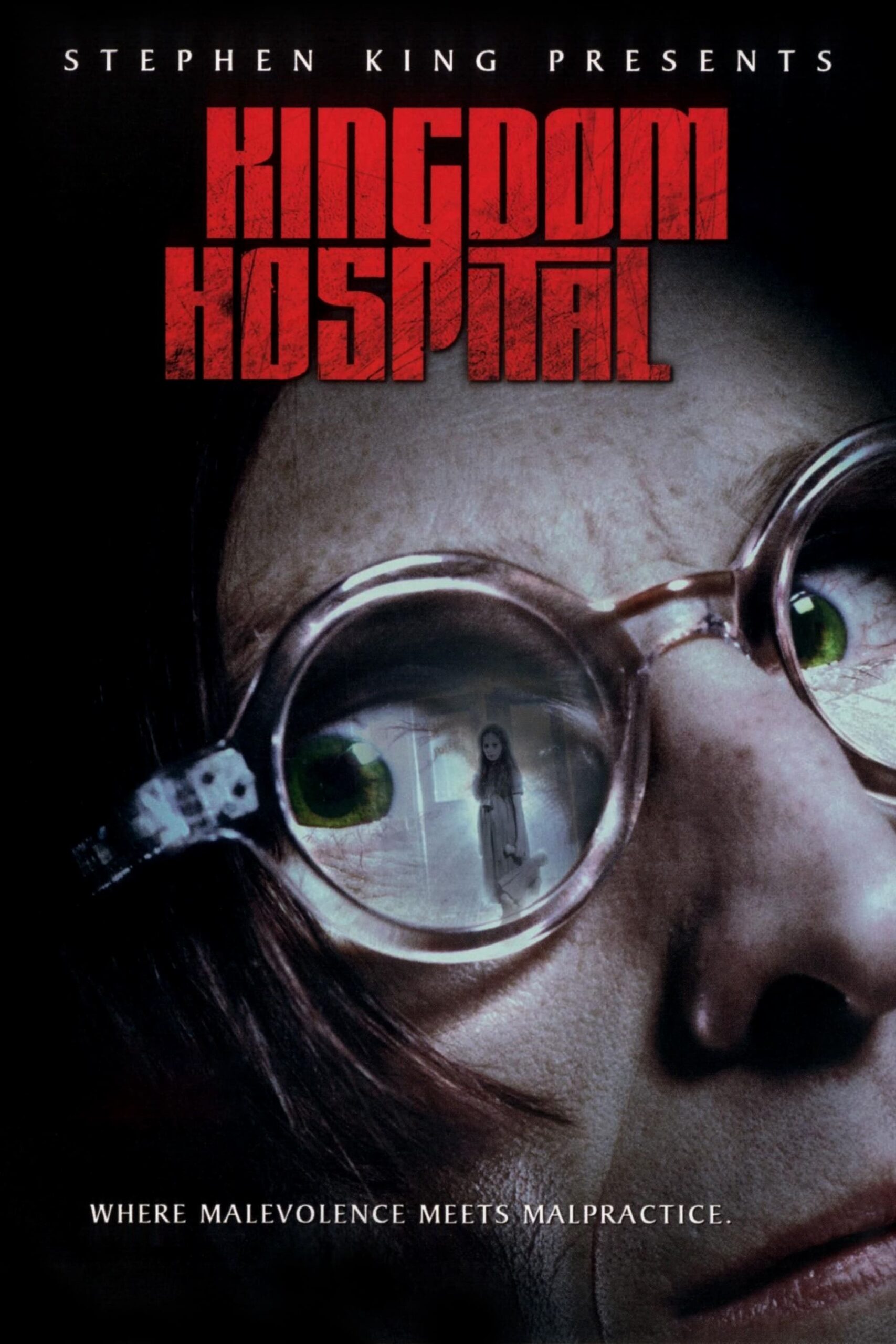
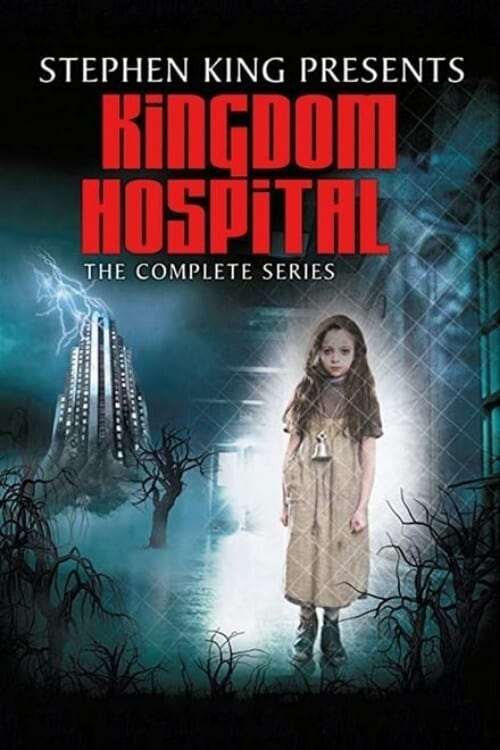
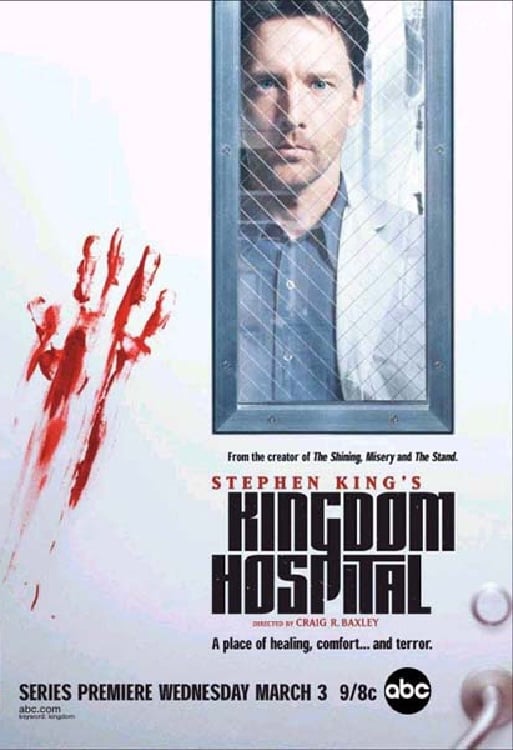
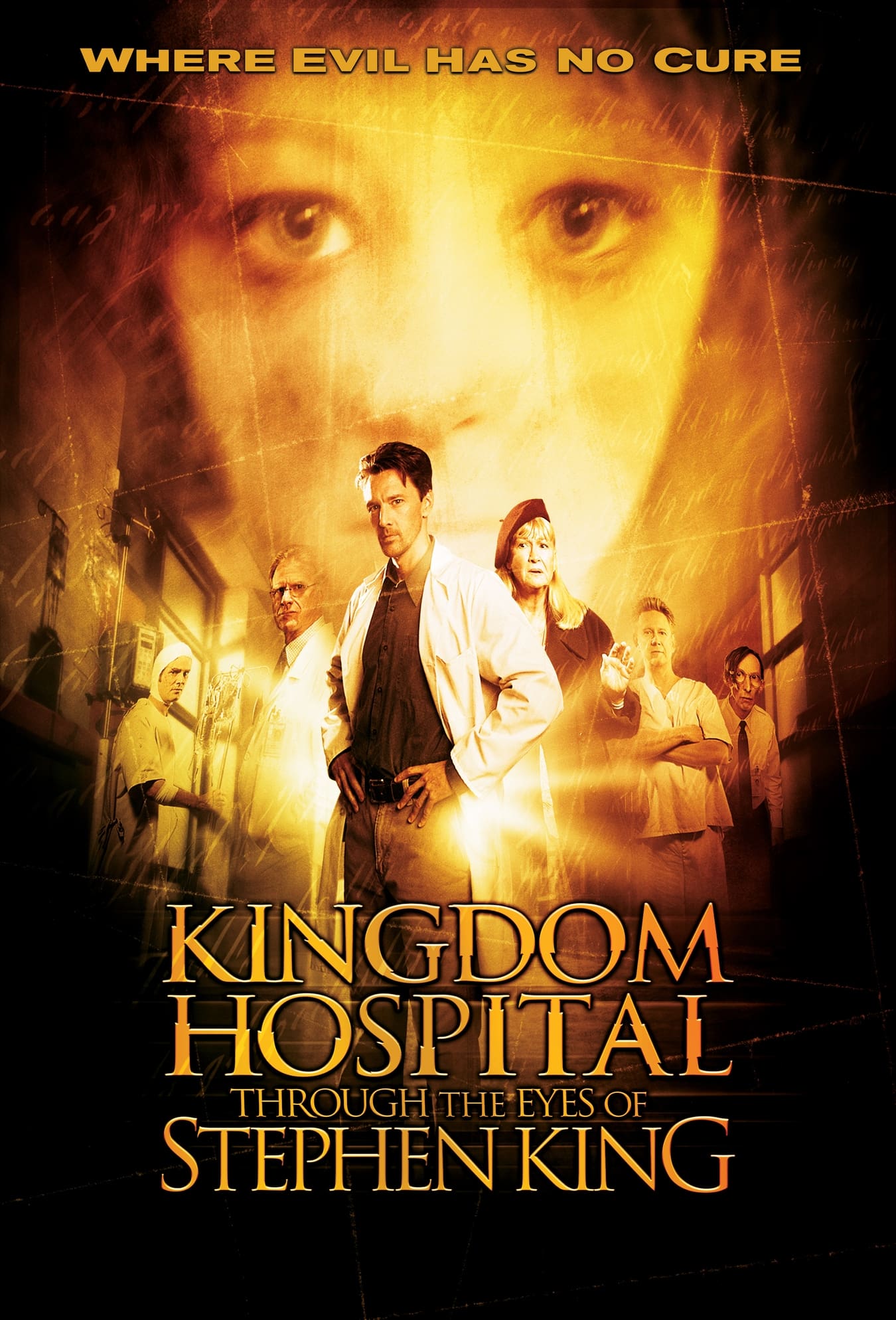
Several factors contributed to the show's cancellation:
- Declining Ratings: While the premiere garnered attention, subsequent episodes saw a significant drop in viewership, making it challenging for ABC to justify continuing the series.
- Critical Reception: The series received mixed reviews. On Rotten Tomatoes, it holds a low rating, indicating a lack of universal acclaim.
- Narrative Complexity: The show's intricate plotlines and unconventional storytelling may have been challenging for mainstream audiences to follow, leading to disengagement.
- Competition and Scheduling: Airing during the NBA playoffs led to interruptions, causing potential loss of viewer interest.
The series featured a talented ensemble cast, including Andrew McCarthy, Bruce Davison, and Diane Ladd. Despite their commendable performances, the show's challenges overshadowed their contributions.
‘Kingdom Hospital' was an ambitious project that sought to merge the horror genre with medical drama, a combination not commonly explored on network television at the time. While it had the pedigree of Stephen King's storytelling and a strong cast, the series struggled to find its footing amidst declining ratings and mixed critical reception. The narrative's complexity, while intriguing to some, may have alienated a broader audience seeking more straightforward entertainment. In retrospect, ‘Kingdom Hospital' serves as a testament to the challenges of adapting avant-garde material for mainstream audiences. Its cancellation after one season underscores the delicate balance required to maintain viewer engagement while delivering innovative content.
Do you believe ‘Kingdom Hospital' was ahead of its time, and could a similar series find success in today's television landscape?

